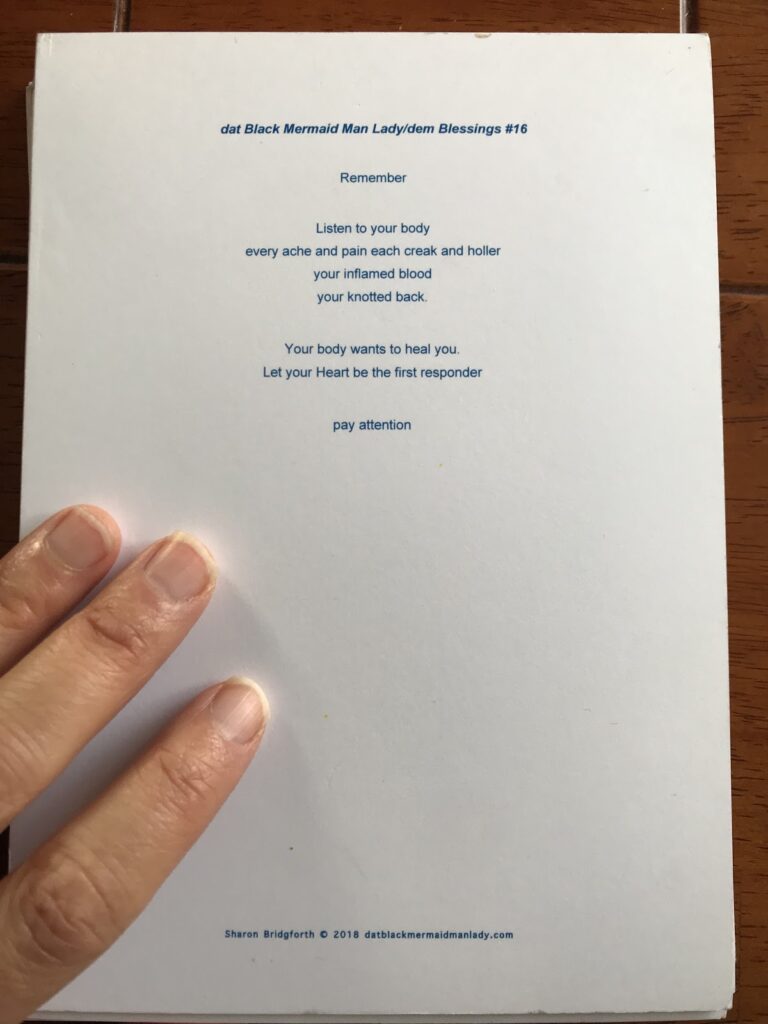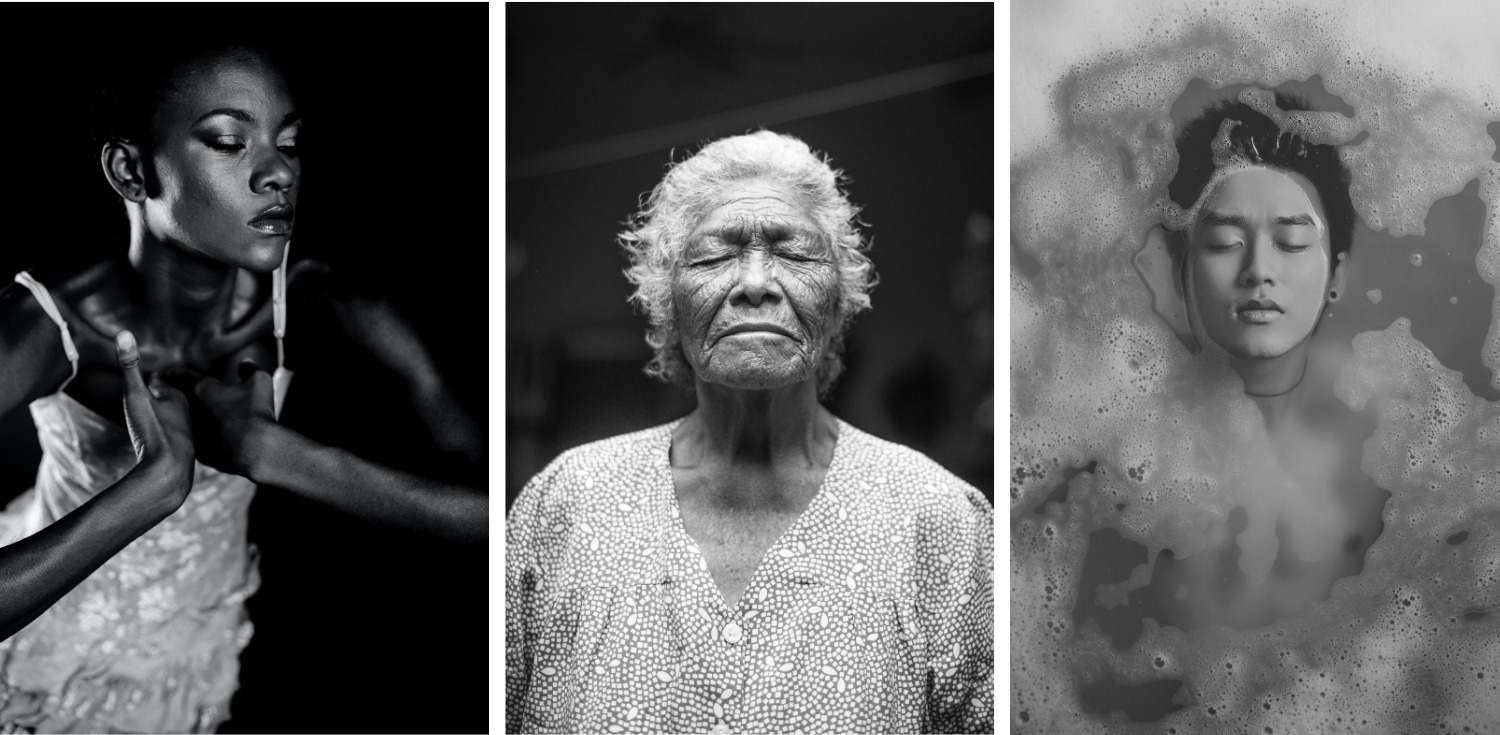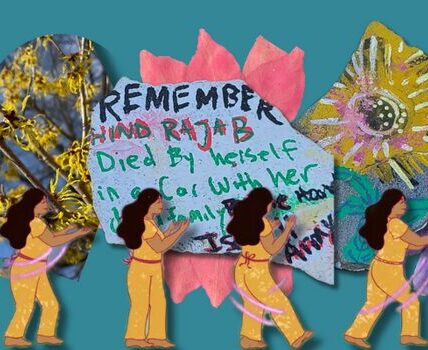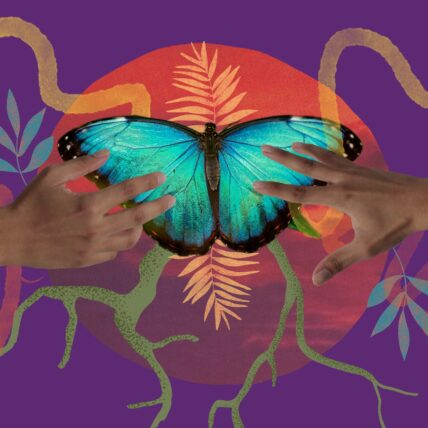I am reminded by the brilliant Tamara Toles O’Laughlin that we are in syndemic times. Times in which the number of systems collapses and crises is unprecedented. The public health crisis of COVID, rising authoritarianism in the US and worldwide through white nationalism and state condoned violence, climate collapse felt closely through fires and hurricanes—on top of and mixed in with centuries of racism—are ravishing our lives in inequitable ways with Black, Brown and Indigenous communities most acutely feeling the violent effects. The workings of extractive capitalism, colonialism, imperialism, patriarchy, and white supremacy in this violence is undeniable and urges our networks and organizations working towards justice to protect and defend in the immediate and co-create new realities. More and more people are calling for equitable complex systems change that prefigures a world of love, dignity, and justice.
We can intellectually analyze these crises and the need for equitable systems change. And, this analysis (whether energizing or overwhelming) must be grounded in lived experience of those closest to the problems (nod to Black Feminists and social justice feminism) and relationality (an Indigenous concept about our interconnectedness introduced to me by Judith LeBlanc). In doing so, we cannot afford to ignore our own being, our own bodies, our own nervous systems. As one of my Asian coaching clients reminded me, “liberation is not a checklist.” To move towards liberation within these times of chaos and complexity, we need to attend to change and healing at multiple levels (systems, organizational, interpersonal, and individual) often beginning with our own.
Coaching is a space for integrating and drawing on wisdom born from lived experience within these systems. It has the potential for individual transformation that may create openings and spark organizational and systems change. For many, this transformation is grounded in reconnecting to our bodies. The habit of detaching from our being and overriding our bodies is often a coping mechanism within white supremacy culture. Being more connected to our bodies is a liberating practice (drawing on the work of Monica Dennis about Oppressive and Liberating Practices).
In the past year, I’ve recommitted to asking coaching partners what they’d like to do to presence in their bodies at the start of our call. Often we’ll do resonant breathing (which in my practice often includes lengthened exhales, humming and vocalizing vowels in concert with arm movements), and we’ve also done aerobic star jumps, deep sighing, and light body tapping and brushing.
This presencing in our bodies can calm our nervous systems, allowing us to step out of urgency and enable us to connect into our inner wisdom rather than be in fight, flight, or freeze mode.
Presencing in our bodies is an ongoing practice. Yet habits of white supremacy culture like urgency, productivity, and perfectionism can make it tempting to override our bodies. How many of you have ever had to go pee and then joined a zoom meeting rather than taking 2 minutes to visit the bathroom before joining the meeting?
I certainly have!
A coaching partner recently commented, “I’m not a robot.” By acknowledging this I believe we can all soften into parts of ourselves that have adapted to survive and succeed in white supremacy culture and heal these parts (Sarah Jawaid’s work in softening to the shadow of white supremacy has been instrumental in my understanding of this).
Another coaching partner developed a challenge to go pee within 3 minutes of sensing this need in their body. Their practice moved from presencing in the body to concrete action. Similar to many internalized white supremacy culture habits, we need to untrain ourselves and, in doing so, can reclaim more of our humanity. After this experiment, they reflected that “we must say no to liberation by proxy.” A strong statement that has stuck with me. Connecting our individual body practices with systems and practices of oppression and liberation is powerful and can simply start with noticing what messages your body is sending to you on a basic level.
As I prepared to write this blog, I pulled a card from Sharon Bridgforth’s dat Black Mermaid Man Lady/dem Blessing Deck and as per usual it offers much wisdom:

How are you letting your body bring more healing into your life?
Banner Photo Credit (from left to right): engin akyurt, Cristian Newman, Hisu lee via Unsplash





